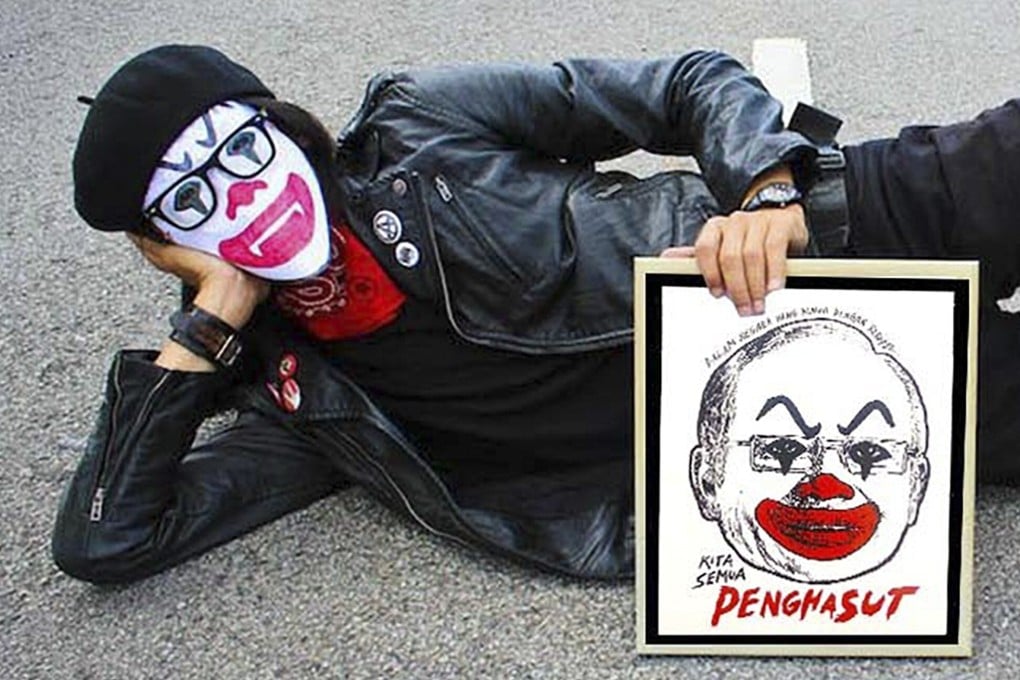Malaysians turn to Clubhouse amid coronavirus lockdown, weighing its inequities vs practicality
- Science minister Khairy Jamaluddin, actress Maya Karin and disgraced ex-premier Najib Razak have all used the audio-chat app to reach out to audiences
- Describing it as ‘talk radio where anything goes’, one analyst said Clubhouse could end up being overrun by misinformation, including on Covid-19 vaccines

Each has appeared in Clubhouse “rooms” as a speaker, where they discuss topics of their choosing and audience members drop in (and out) or raise hands to ask questions. The app has become widely popular in the social media sphere, giving Malaysians a chance to interact with opinion makers and politicians even as they are kept largely indoors due to a nationwide coronavirus lockdown and state of emergency.
The app’s appeal lies partly in the temporary nature of a “room” – once the talk is over, the room disappears, leaving no evidence of who said what to whom. This explains the app’s brief popularity in China, where it has already been blocked.
“There is also a lower barrier to participate compared to Zoom and other videoconferencing apps,” explained Harris Zainul, a Kuala Lumpur-based analyst with the Institute of Strategic and International Studies.
He said one of the advantages of audio-based apps like Clubhouse over Zoom was that participants don’t need to worry about looking good for a camera. He also said Clubhouse users were excited over being part of what he likened to a multi-user telephone call offering unparalleled audio clarity.
And despite the temporary nature of a Clubhouse session, there is still accountability for what is said, as Malaysian senator Wan Ahmad Fayhsal discovered after he allegedly stated during a Clubhouse session he was leading that he did not believe 18-year-old Malaysians were ready to vote – despite a bill to lower the voting age to 18 having already been passed by parliament in 2019 with no opposition.
